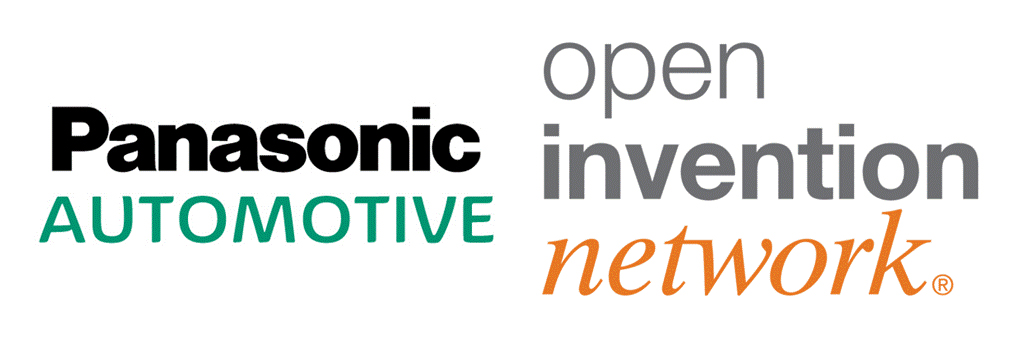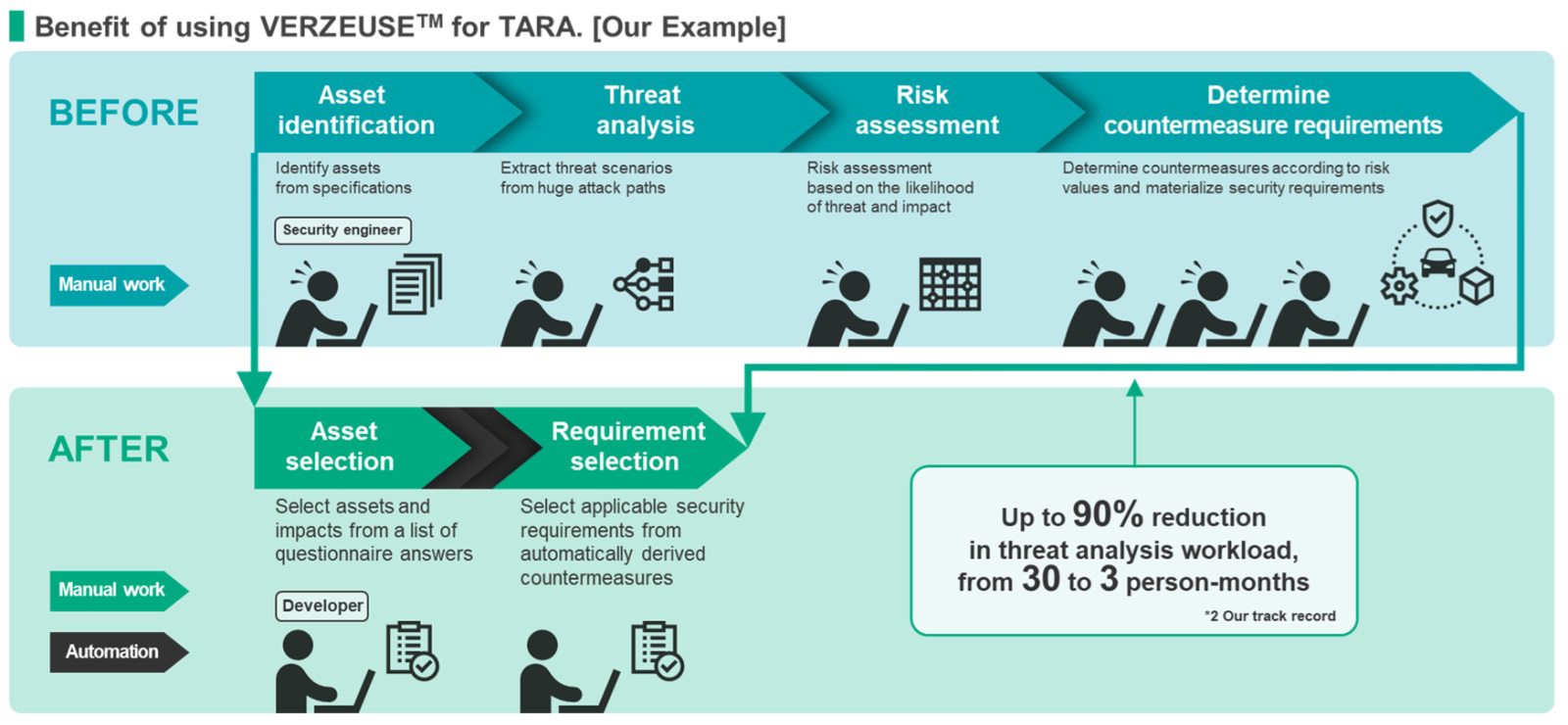Osaka, Japan - For the first time in history, more people now live in urban areas than in rural areas. According to UN DESA's World Social Report 2020, over the next 30 years, global population growth is expected to take place almost exclusively in cities and towns, with the total number of people living in cities expected to rise from approximately 4.4 billion today to 6.7 billion by 2050. Due to rapid urbanization, cities face unprecedented demographic, environmental, economic, social and spatial challenges.
The United Nations General Assembly has designated October 31st as World Cities Day. Guided by the theme of "Better City, Better Life", the aim of World Cities Day is to promote the international community's interest in global urbanization as a central issue for development. It is a day that reminds us that urbanization offers opportunities for sustainable development--and that better cities ultimately lead to better lives for their residents.
Panasonic's brand slogan is "A Better Life, A Better World"--the similarity with the World Cities Day theme may be mere coincidence, but not Panasonic's support for the UN's framework, which mirrors both our corporate principles and our commitment to help raise awareness of this important day.
Here are some of the ways Panasonic is addressing these challenges around the world:
Urban Infrastructure
The main talking point at the first Cities Summit was a call for local action to promote an integrated approach to urban issues. One such "neighborhood approach" was the collaborative effort by The Sustainable Cities Programme and UN Environment to address multiple environmental issues by including residents' concerns in city planning.
In Japan, Fujisawa Sustainable Smart Town (FSST) is an example of an innovative approach to collaborative urban planning. Opened in 2014 on the site of a former Panasonic plant in Fujisawa City, FSST now supports approximately 2,000 residents. At FSST, community development is promoted as a joint effort between a Panasonic-led consortium, residents and the government to ensure that the community remains sustainable for the next 100 years.
Related Sites:
Related News:
Energy & Decarbonization
The reduction or elimination of carbon dioxide from energy sources--or "decarbonization"--is key to achieving the climate stabilization goals of the Paris Agreement. According to the World Economic Forum, full decarbonization of our energy systems is the only solution for achieving climate stabilization.
In European Union households, heating and hot water account for the vast majority of energy use (79% of total final energy use by households and 70.6% of energy consumption by industry).
The bad news is that 75% of energy used for heating and cooling was still generated using fossil fuels in 2018, with only 19% generated using renewable energy (Source: Eurostat). The good news is that we are getting better at improving the availability and efficiency of alternatives to carbon-based energy sources.
"Decarbonization" is the core theme of Future Living® Berlin--the capital's first smart city development. Located in Berlin-Adlershof, the development addresses changing demographics, growing use of renewable energy, and new forms of mobility. An intelligent energy management solution controls the heating of households, making use of the highly energy-efficient AQUAREA heat pump that can run almost carbon-free when powered by renewable energy provided by 600 Panasonic HIT solar panels.
Related Sites:
Related News:
Panasonic introduced its Environment Vision 2050 to promote activities that reduce energy consumption while encouraging the adoption of clean energy solutions, with the ultimate goal of increasing the number of places where residents rely on clean energy to live more comfortable lifestyles.
One way Panasonic is achieving this vision is through its efforts to decarbonize its production process. Panasonic plans to set up Zero-CO2 factories--advanced facilities that can serve as a model for sustainable manufacturing--in all of its regions. Zero-CO2 factories have been launched in Japan, Belgium, Brazil and Costa Rica. Our Zero-CO2 factories in Brazil use 100 percent renewable energy and CO2 credits to offset fossil fuel emissions and are the first sustainable factories in Latin America.
Related Sites:
Related News:
Smart Transportation
The growing urban population has precipitated a wide range of mobility challenges. The Global Mobility Report 2017 concluded that the world is not on track to achieving sustainable mobility, citing high fossil fuel use, a reluctance to embrace digitalization and an alarming number of road fatalities as major issues.
In the United States in 2019, an estimated 38,800 people lost their lives to vehicle accidents. The National Highway Traffic Safety Administration believes that connected vehicle technology could address approximately 80 percent of crash scenarios involving non-impaired drivers.
More than 105 million connected vehicles are expected to be on the road by 2022, producing some 150 petabytes of data annually--data that can be used to prevent crashes and congestion, increase emergency services response times, and shorten commutes while reducing emissions.
Panasonic is working with the Utah Department of Transportation (UDOT) to help the state achieve its goal of zero traffic deaths. UDOT and Cirrus by Panasonic are collaborating on a next-generation transportation data ecosystem that can share real-time, actionable information between vehicles and roadside infrastructure to increase the safety and efficiency of traffic flow.
Indoor Air Quality
Air pollution is both a serious health concern and threat to the natural environment. According to the World Health Organization (WHO), air pollution kills an estimated 7 million people every year. It is most acute in urban areas, particularly in Africa and Asia. The WHO also indicates that household air pollution is one of the leading causes of disease and premature death in the developing world, with exposure to indoor air pollutants leading to a wide range of adverse health outcomes in both children and adults.
Under the theme "Quality Air for Life", Panasonic is raising awareness of the negative impact of haze and the importance of air quality in the home, focusing on Malaysia, Indonesia, Thailand and Vietnam.
Developed by Panasonic in 1997, nanoe™ technology has proven effective in removing or inhibiting bacteria, viruses, pollen, mold, and PM2.5. This technology has broad applications--from appliances such as air conditioners, air purifiers, washing machines, and refrigerators to enclosed spaces that require a high degree of safety and comfort, including automobiles, trains, hotels, and elevators.
Related Sites:
Related Video:
Human Infrastructure
The focus on urbanization should not prevent us from responding to challenges that impact residents of rural areas. An estimated 1.1 billion people live without electricity in emerging and developing countries--limiting their access to education, medicine, and (especially for women) economic independence.
In 2013, Panasonic joined 131 non-profit and other organizations to launch the 100 Thousand Solar Lanterns Project and deliver solar lanterns to rural communities worldwide. Over five years, 102,716 solar lanterns were donated to communities in 30 countries.
More than 1,500 solar lanterns were donated to three NPOs working in the Republic of South Africa, Kingdom of Swaziland, and Kingdom of Lesotho, including the Nelson Mandela Foundation in South Africa.
Approximately 600 million people in Africa do not have access to electricity. Although many households there rely on kerosene lamps, they are both a health hazard and fire risk.
By utilizing solar lanterns, children will be able to learn safely and women's groups can engage in activities that create income at night in the community, helping them improve their lives and build a sustainable society.
Related Sites:
Related News:
Looking the Future
World Cities Day seeks to promote global interest in urbanization and engender international cooperation to address the challenges of urbanization, thereby contributing to sustainable urban development.
In alignment with the goal of World Cities Day, and as an expression of our corporate principles, Panasonic will continue to help solve social issues and contribute to further development in order to bring about a bright new future.
# # #
- Disclaimer:
- We would like to note that Panasonic Newsroom is not a place to address personal Customer Service issues. Even though this is not the forum, Panasonic is always eager to resolve your concerns. Our local customer services contacts can be found at Global Support or you can see our list of Social Media Accounts to find the right channel for your queries and concerns.


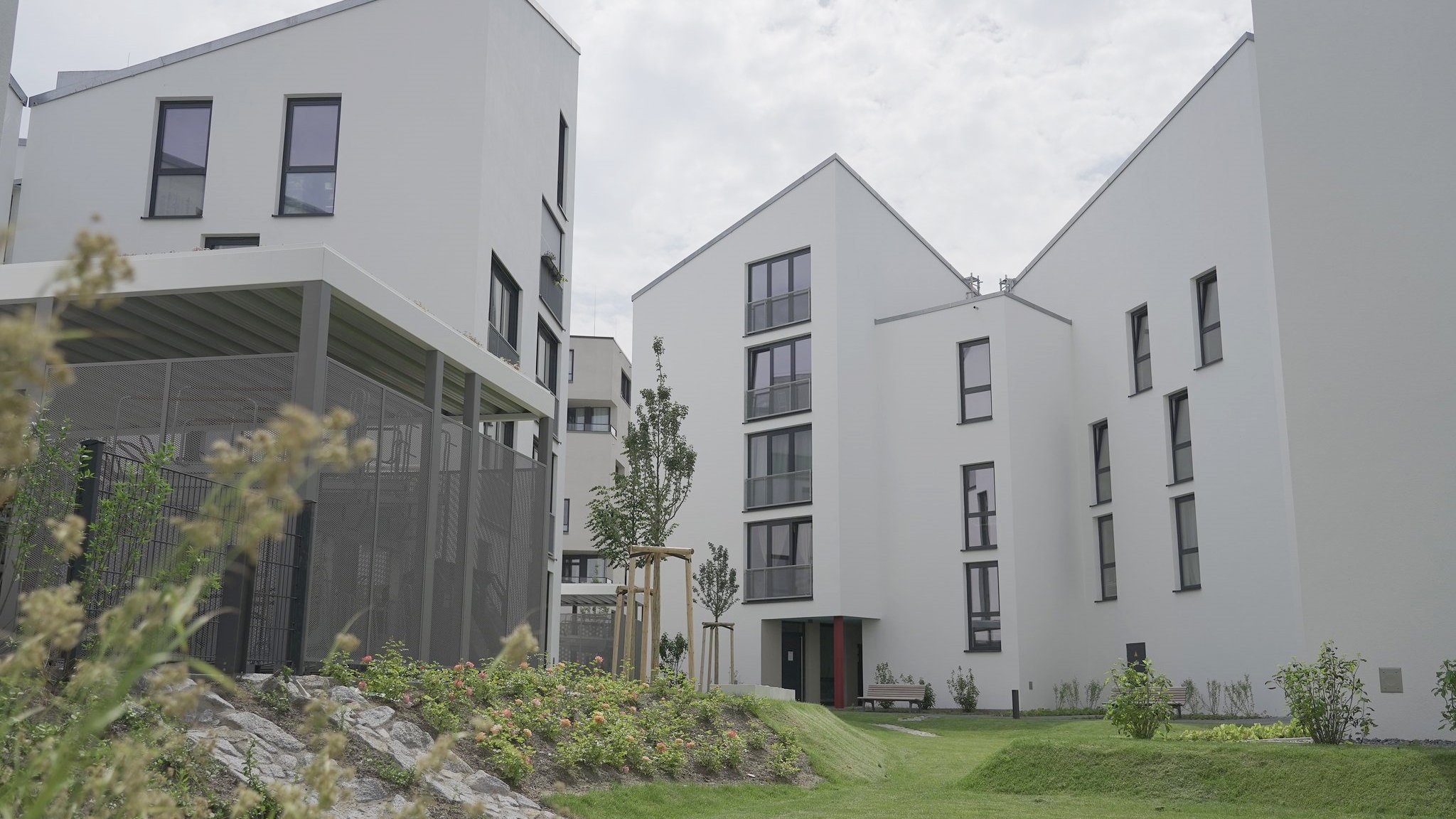
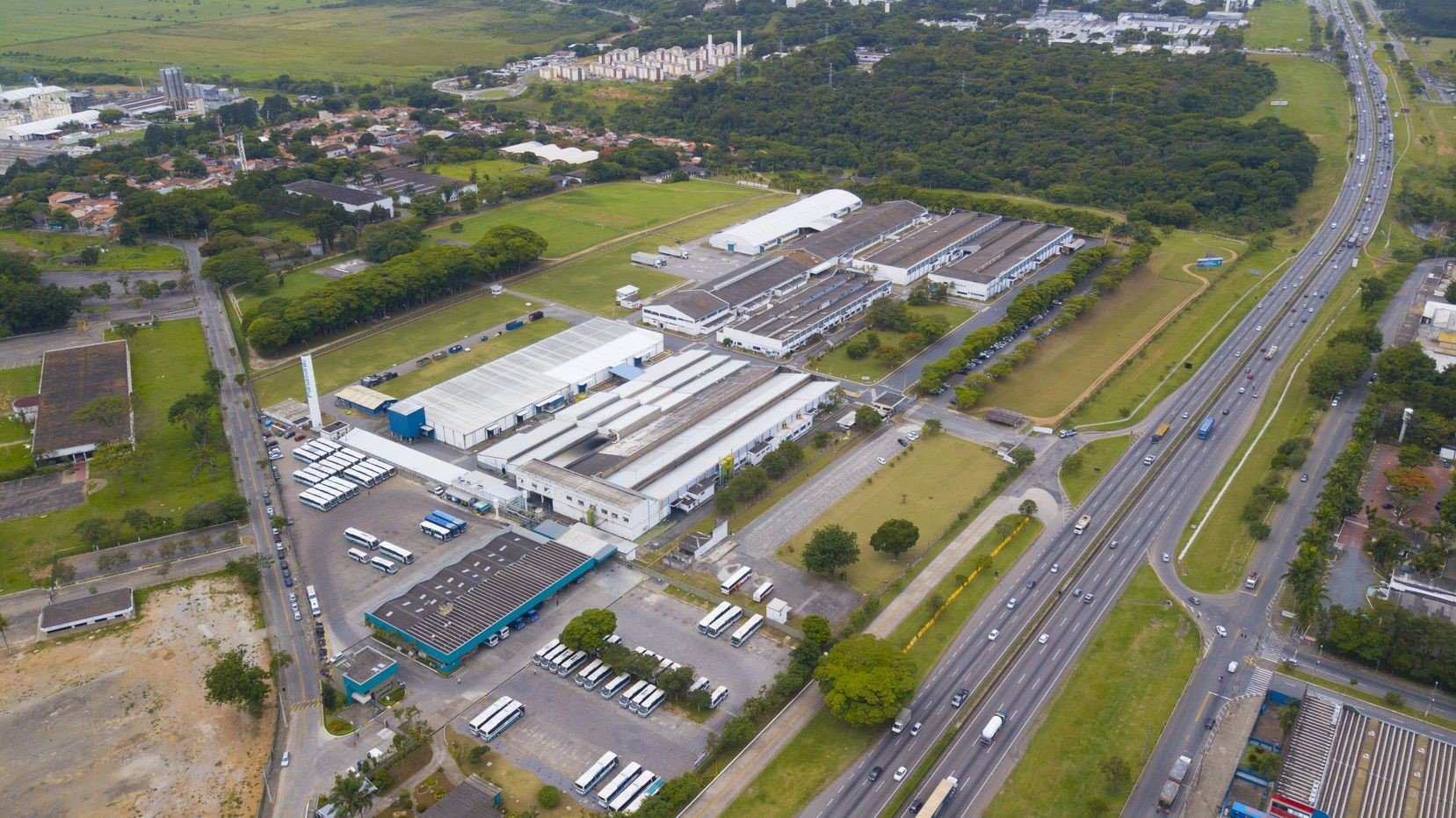

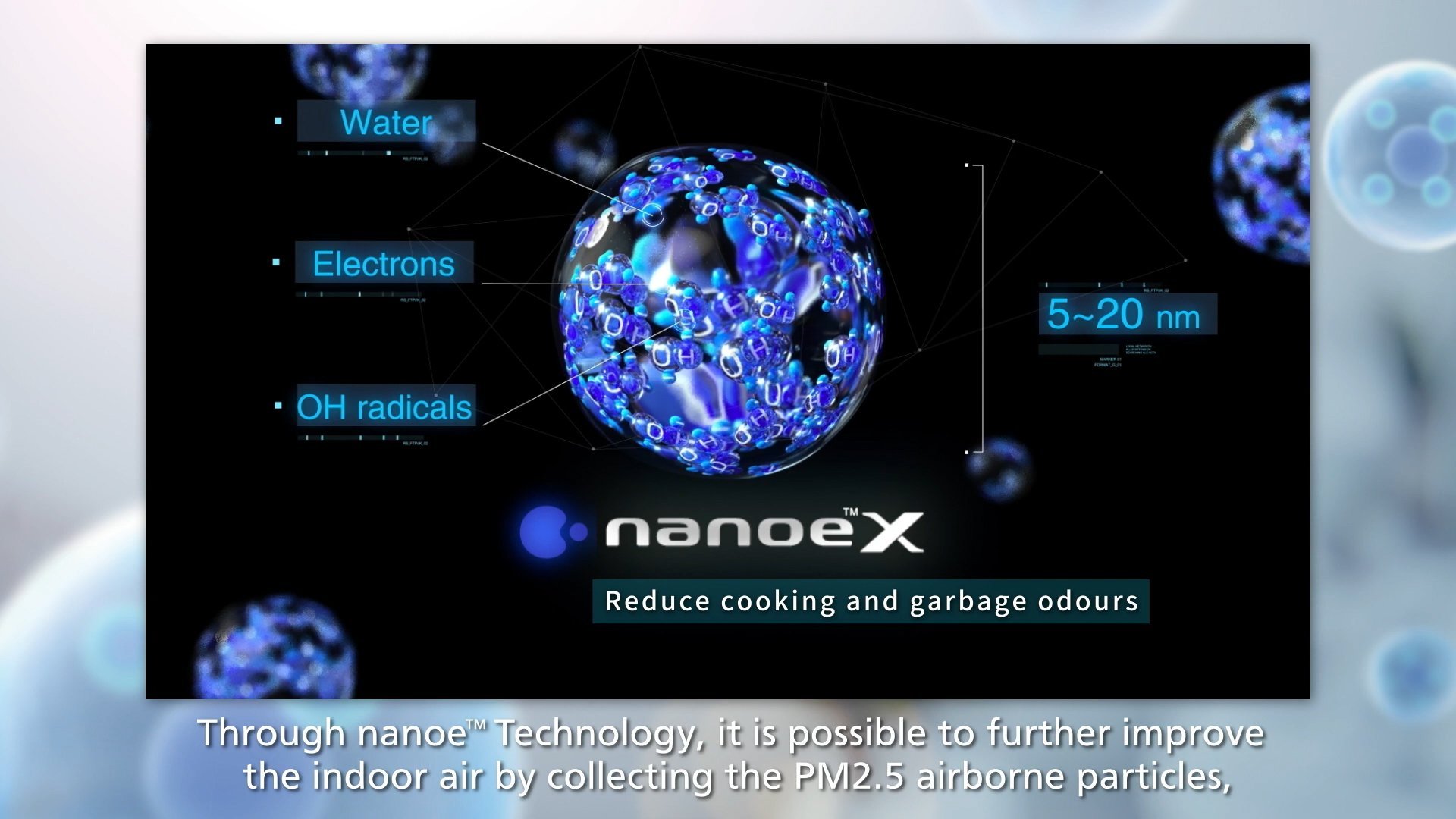
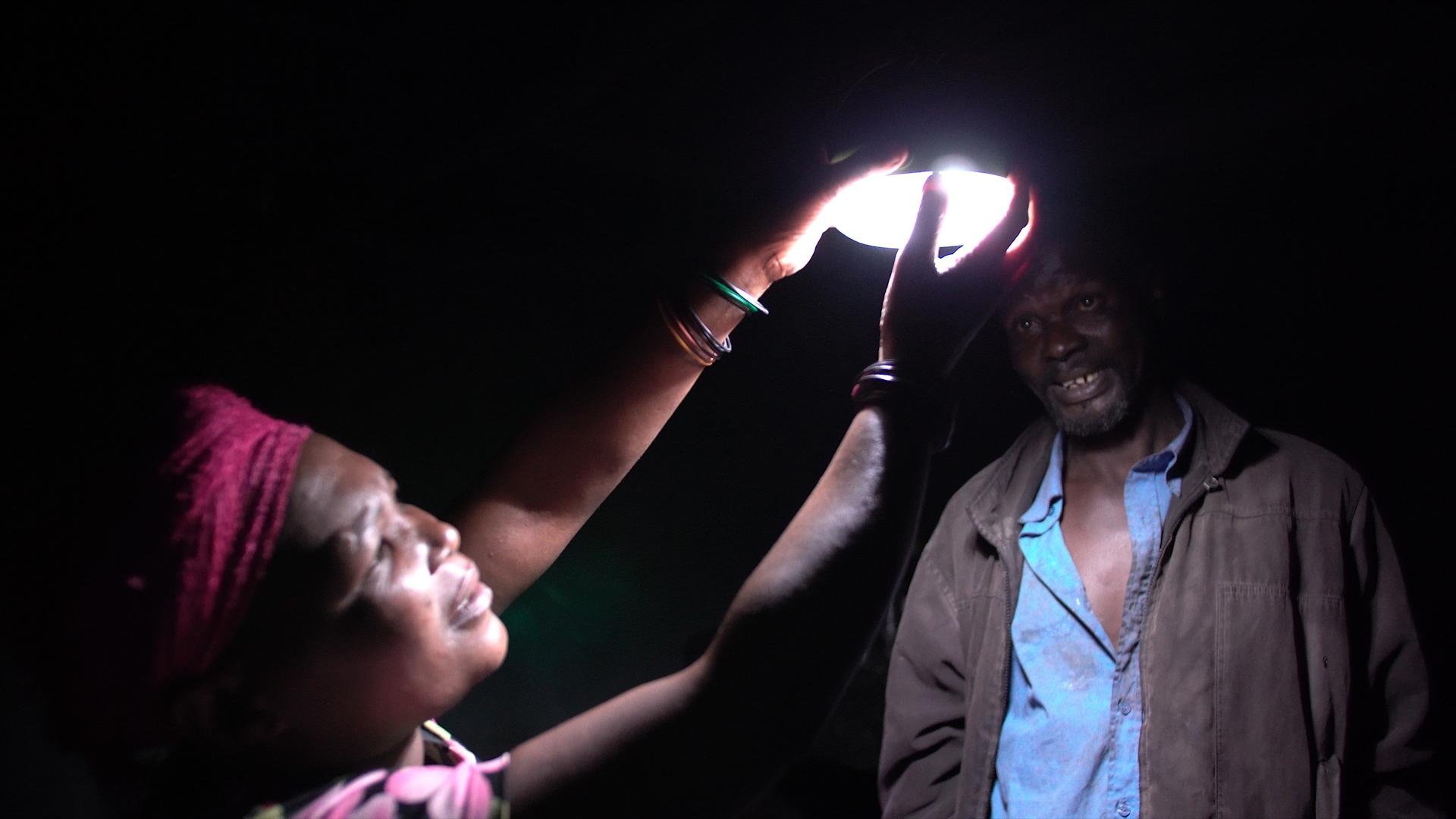

![[Video] Panasonic Stories in 60 Sec: Panasonic HX](http://news.panasonic.com/uploads/tmg_block_page/cover_image/18401/60sec-panasonic-hx.jpg)


![[Video] Panasonic Stories in 60 Sec: Robot Control Platform Robo Sync](http://news.panasonic.com/uploads/tmg_block_page/cover_image/18349/60sec-robo-sync.jpg)


